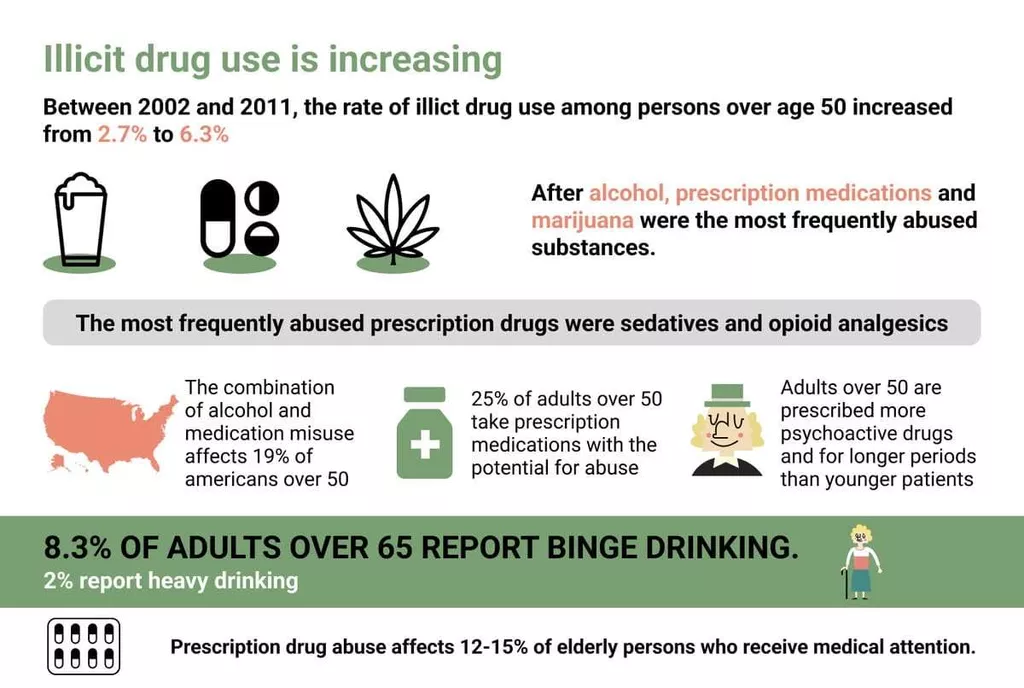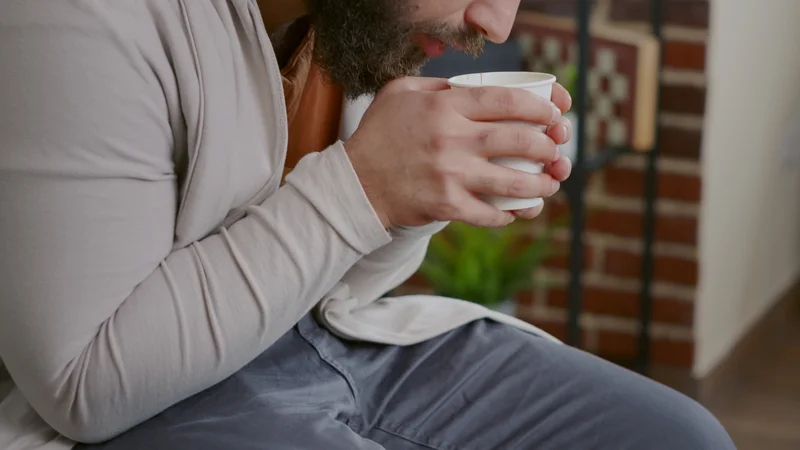
Emotional detachment allows you to give yourself and your emotions some space, enabling you to make decisions without being overly influenced by emotions. Ultimately, loving the addict in a recovery-focused manner means encouraging them to take responsibility for themselves. And there’s nothing selfish about taking steps to protect your emotional and mental wellbeing. Lastly, remember that setting a boundary is an act of self-love and self-preservation.
- You may be feeling a constant, gnawing worry that you live with every day.
- Setting boundaries is crucial for your emotional and mental well-being.
- You should be able to communicate with him about being an alcoholic.
- The recovery process may take time but they need that intervention.
- By practicing emotional detachment, you’re not just helping yourself but also creating an environment where your loved one has to face the natural consequences of their actions.
How to Cope When Someone in Your Household Lives with Addiction

Mindfully tapping into your inner resource can guide you through those emotionally charged moments. This will require a conscious effort—no more making excuses, shifting blame, or covering up for your loved one. Having an attitude of acceptance for your current situation and without judgment is your first step toward breaking free. I desperately clung to an idea of life that seemed as though it were slipping away. I found myself enabling, arguing, pleading, and loving an addict making excuses—all under the guise of ‘protecting’ others. Avoid rushing or overwhelming them, and ensure your words are free of judgment.
Common Feelings That Come With Loving an Addict
It, most times, becomes controlling and brings an unnecessary overprotective attitude which could make the other person uncomfortable. See a doctor for treatment if you feel like your body is marijuana addiction not in good shape. You’re only there for intervention because he’s your loved one. Loving someone with addiction is one of the hardest challenges you’ll ever face. Join our community and learn how to stay five steps ahead of addiction—for your sake and your family’s. Friends and family may judge you, pulling away instead of offering support.
Paying for Treatment

Loving an addict https://ecosoberhouse.com/ often means that you’re plagued with constant fear, and that can lead you to feel depressed or hopeless. You have to try and work on letting go of those feelings and taking care of yourself while moving forward. You do not have control over anything the addicted person does.

- Incorporating mindfulness techniques can further empower you in this journey.
- Celebrate your loved one’s efforts and milestones, even if they seem minor.
- Many people wrestle with a mix of love, frustration, sadness, and guilt.
- Consider joining online support groups or local meetings designed for loved ones of addicts.
- But no matter how much energy you expend, you can’t do the work for them.
The blog post aims to provide actionable tips and mindfulness strategies for people struggling with the emotional complexities of loving an addict. By building a strong support network, you’re not just helping yourself but also creating a healthier environment for your loved one battling addiction. Supporting a loved one with an addiction can be challenging, but it’s crucial for their recovery. Knowing how to approach the situation with care and understanding can make a significant difference. One way to manage loving an addict is to try to remain on a neutral ground. Because he’s your loved one, there are two possible scenarios here if you’re not neutral.
Drug Addiction: Know the Symptoms of Different Drugs Part I

It’s important not to weaponize love through withdrawing it, as this can drive them toward using more. Whether you’re navigating feelings of guilt, anger, or helplessness, remember that loving someone with an addiction doesn’t mean sacrificing your well-being. Boundaries are essential not just for you but the addicted person in your life. They often create the structure needed for meaningful recovery. At First Steps Recovery, we understand the complexities of these challenges. That’s why we work closely with our clients and their loved ones in a collaborative approach to healing.
- Boundaries are guidelines that define how you expect to be treated and what behavior you are willing to accept in a relationship.
- I’ve been there, grappling with the roller-coaster chaos of addiction, feeling the scale tip dangerously toward losing myself while loving an addict.
- Providing financial support, housing, or taking on their responsibilities that are affected by their addiction can prevent them from facing the impact of their addiction.

